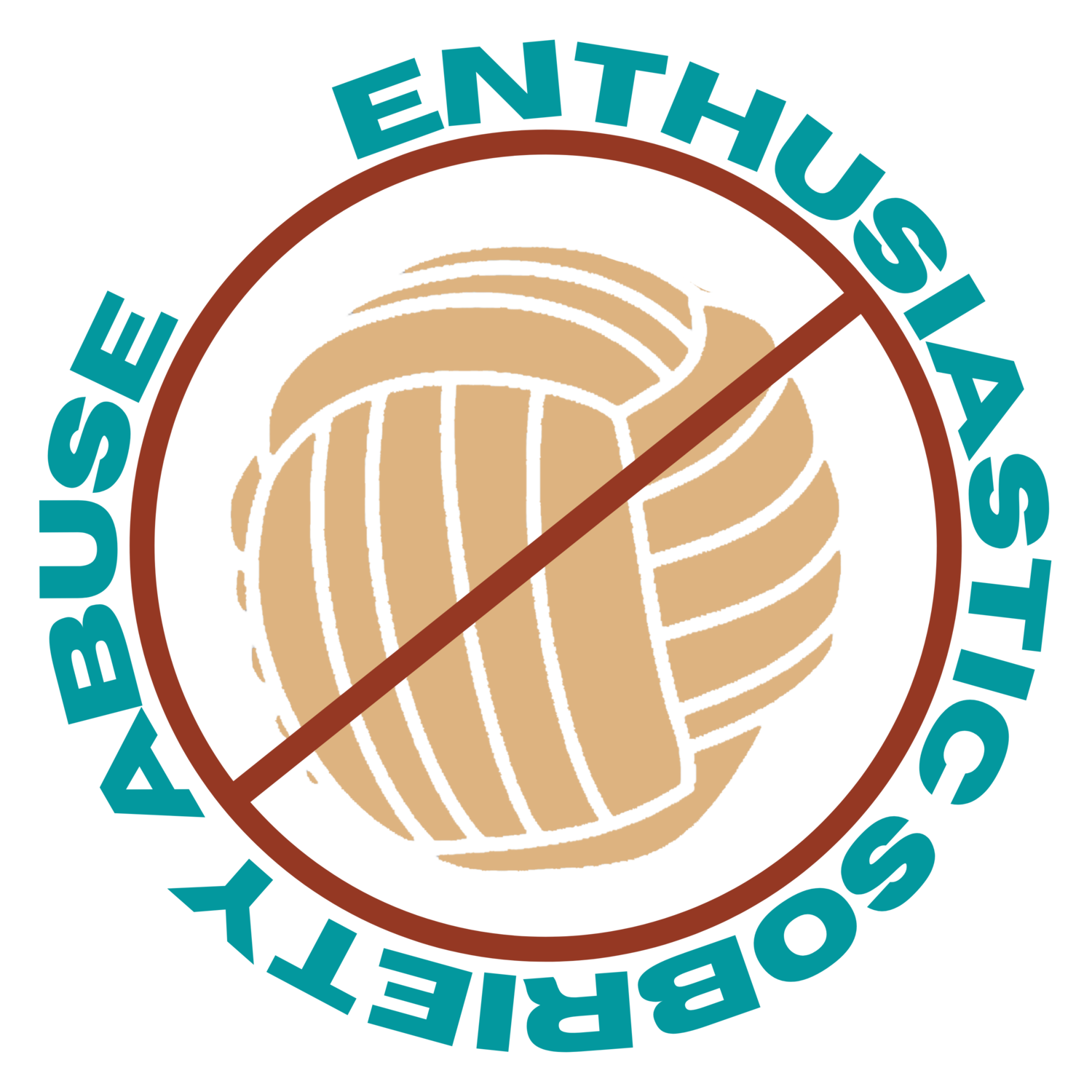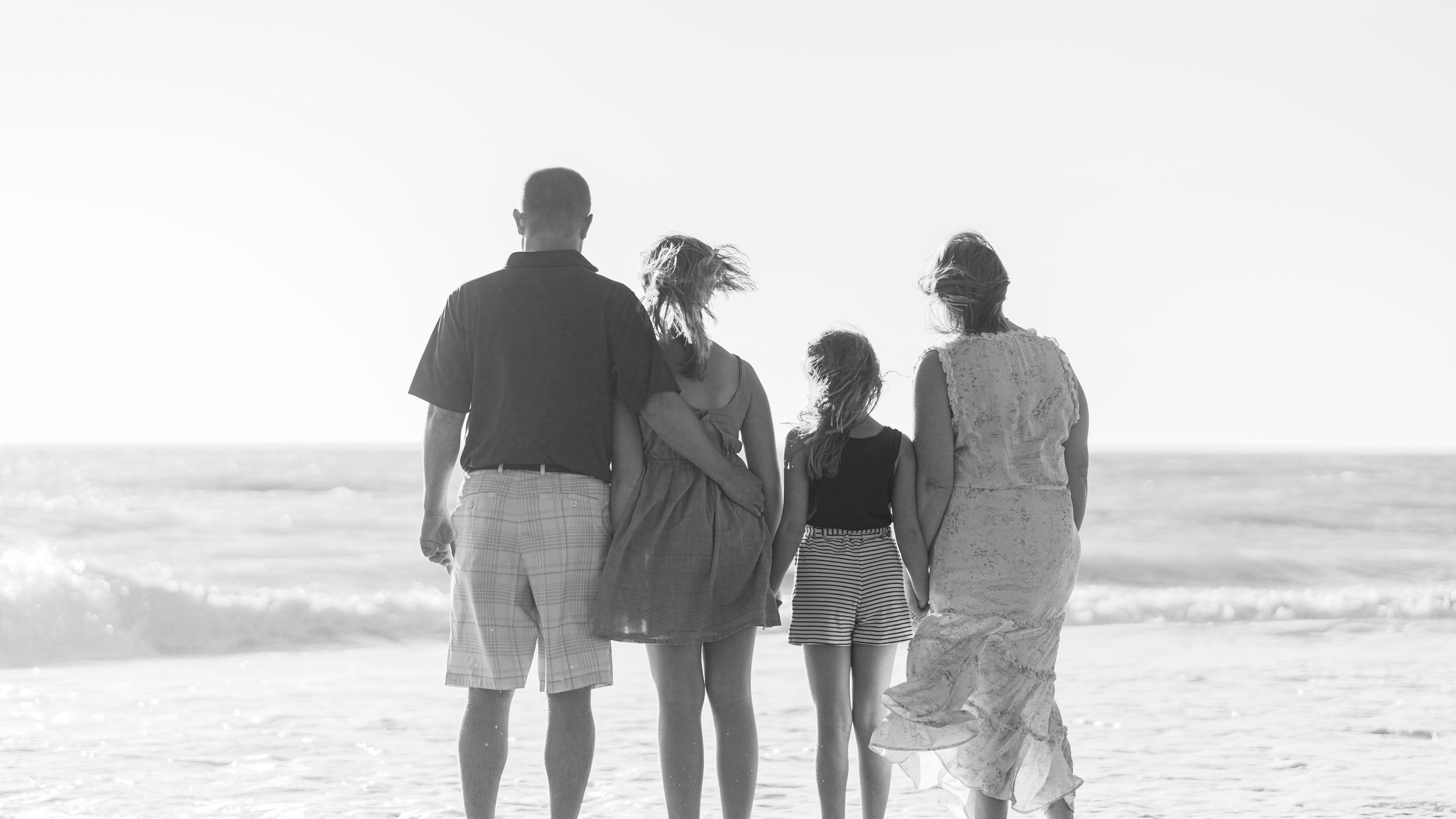
For Parent Survivors of Enthusiastic Sobriety Abuse
From a Cornerstone Parent
Anne P. Mitchell
Speaking as a parent, and also just someone who has lived for quite a while and interacted with lots of different parents in different types of situations, it is VERY hard for a parent to acknowledge that something they thought they were doing to help their child or maybe even save their life, actually not even help, but harmed and damaged their child.
It is also very hard for parents to grasp the new paradigm that their adult kids are, well, adults… Our kids all look much like they did when they were teenagers, so there is no obvious visual cue that our kids are independent, autonomous, thinking adults.
When you put those two things together (and that’s not even including the fact that no adult wants to admit that they were duped and fooled, including out of thousands of dollars) it can be very, very hard to have a parent come around.
What really helped me with my son was him never being adamant, but continually telling me that it was a cult, which I just couldn’t believe at first. It probably took me a couple of years, with him always telling me that he knew I was doing the best that I could and that I thought I was helping him and that he did not blame me. He just kept telling me that when I was ready there were resources out there, like the documentary The Group.
Be gentle with your parents, understand their resistance, don’t be adamant but be insistent and hold your line. Hopefully they will come around. I am eternally grateful to my son for his patience with me in this journey.
Being a parent is perhaps the most difficult role a person can fill.
It can be quite demanding to properly raise and nurture our children from infancy to adulthood. Some kids however, present more of a challenge than others. When a child is suffering from mental illness, is defiant, becomes violent, or develops an addiction to alcohol or drugs, many parents are extremely vulnerable to the deceptive claims of boot camps and other unregulated facilities and schools. While there are programs that may be helpful to troubled kids, teens, and young adults - buyer beware.
Many institutions use coercive tactics to get clients in their doors. There are numerous accounts of parents being bullied and pressured into admitting their children into some programs where a simple phone call for information often results in same-day admittance. This is because some staff members at these for-profit facilities are eager to coerce parents into enrolling their kids and will do so by scaring them with tales of terror and even death. At some institutions, they even insist that other children in the family be admitted along with the child who has the problem. Taking advantage of the fears of families is not only inappropriate, but unethical.
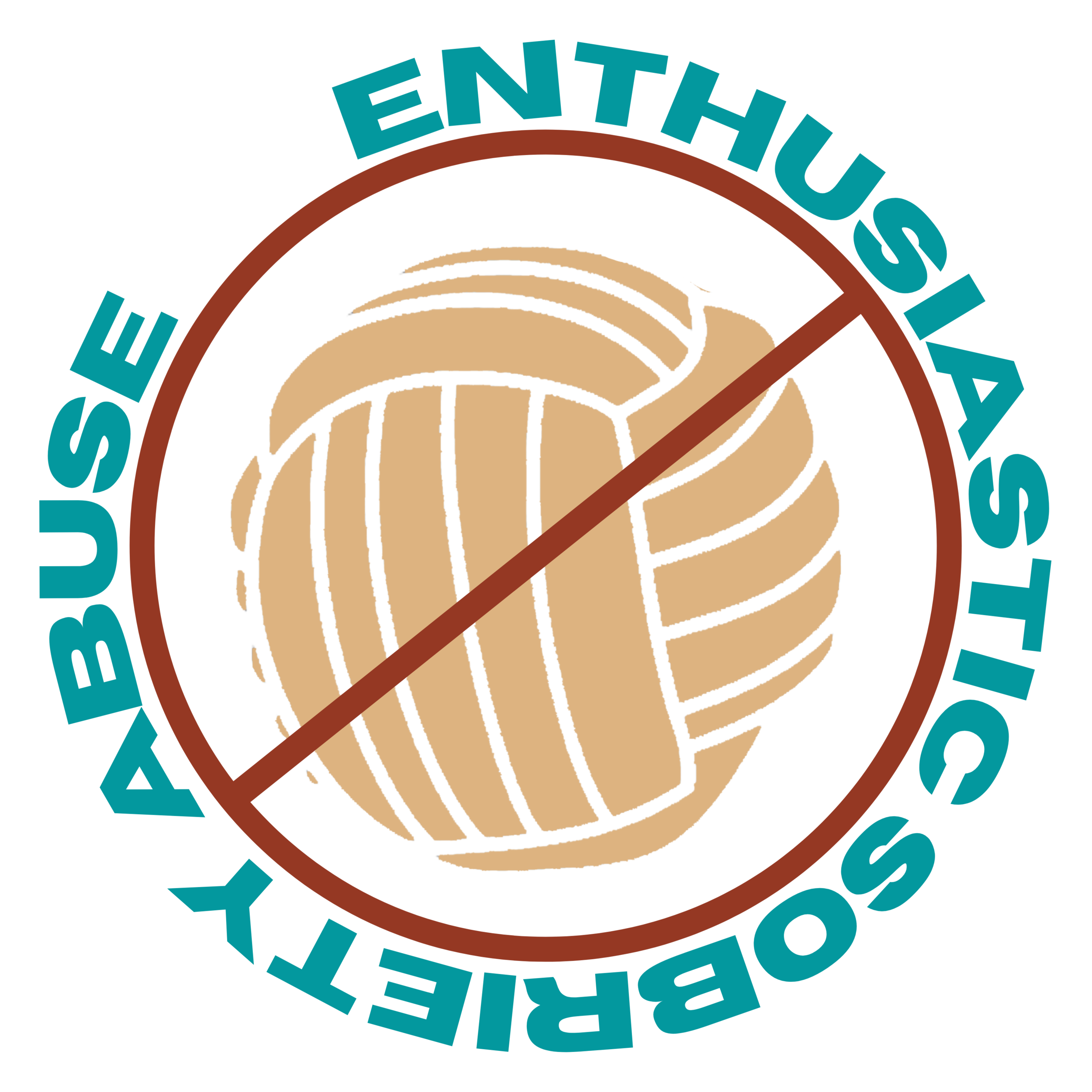
Parent Survivor Stories
-

Red Flags at Full Circle
I was referred to this program by a family member. Not one that’s gone through the program themselves, but just word of mouth. I was desperate, but didn’t feel like I was completely helpless (yet.) I felt relieved bringing my son to Full Circle.
-

On The Emmis Parent
I’m a parent who was involved in an Enthusiastic Sobriety program for six years. I poured all my money, time, money, energy, money, etc., into the program. While I was determined to be that-really-gnarly-program-parent (you know, so my kid wouldn’t DIE) there were incidents from time to time that put worms in my gut.
-

Parent to Parent
The following statement was read at the Arizona FullCircle Parent Group Meeting on August 24th, 2022. The next day, this parent was introduced to Enthusiastic Sobriety Abuse Alliance and gave ESAAlliance permission to share their statement publicly.
-

Enthusiastic Sobriety Program Data
ESAAlliance launched an Anonymous Mass Complaint Form in May of 2021. By February 2022, we posted the 225 anonymous responses from Enthusiastic Sobriety Survivors by State. This data is being sent to Governmental Oversight Agencies.
-

Recovery Alternatives
We aren’t against the concept of sobriety or recovery - we are against the harmful ideologies and abusive tactics that make up the doctrine of “Enthusiastic Sobriety.” Some of us speaking out against the Group are still sober - yet found this introduction to recovery more detrimental than helpful.
-

Is the Group really a Cult?
The word “cult” sounds pretty extreme and comes with a lot of preconceived notions. Some prefer to call Enthusiastic Sobriety Programs “high control groups.” Either way, their methods of indoctrination and undue influence are destructive and harmful to their members, staff and parents.
The Cornerstone Program Survivor
Counselors always told me nothing was mandatory and everything was a choice. I didn't have to stop attending high school while in outpatient, it was my choice. I didn't have to stay out to 3am every night. I chose to. I didn't have to distance myself from my parents, I chose to. I did have to hug every single person every time I saw them and say "I love you" like a robot. That was my choice. The thing is, none of these were choices. I tried to stay in school while I was there. I planned to go in the mornings before group to talk to my teachers and collect my homework assignments. But in the first week Staff accused me of relapsing and buying drugs while at school. They convinced my parents that I couldn't safely enter my school, even when met by my guidance counselor.
I realized it would be this constant thing of staff being suspicious of my sobriety anytime I went to school so I "decided" to stop going. I "decided" to stay out all night when I desperately wanted to go to bed because going to bed early was "antisocial" and "suspicious." I "decided" to hug everyone and say "I love you" often hundreds of times per day, even when I really didn't want to. Even when I really needed my personal space. Even when certain individuals made me very uncomfortable. Because when I did try to opt out of mandatory hugging, it was again seen as "suspicious" and staff questioned my sobriety and my commitment to the program.

Cigarettes & Group Indoctrination
Christina Warden - Enthusiastic Sobriety Staff Survivor & ESAAlliance Board Secretary
One of the more bizarre aspects of the group is the way cigarettes are used as an effective form of indoctrination.
Imagine an unhappy teenager who’s skeptical of the group they’ve just been introduced to: within their first few days of meeting this wild group who profess to love them, the teenager hears from a staff counselor “what would you say if I could not only get your parents to get off your ass about smoking cigarettes, but could even get them to buy your cigarettes for you?” The teenager scoffs and insists that’s not possible. Then that staff counselor meets privately with the parents again, reasserting how sick their kid is, and how the group is their only hope to not lose their kid forever. The parents just want their kid to be OK, and feel desperately unsure of what to do, but are willing to trust these charismatic counselors who insist they know how to help. They agree to commit to the program, and will find a way to get the money. Then the counselor explains how much goodwill and trust with their kid they will earn them if they’re willing to to do something unconventional and buy their child cigarettes. They assure them this is not part of their addiction and actually helps these kids break their addiction. And, seeing the crowd of laughing and smoking kids, a lot of parents concede. That’s an impressive feat to most young people - smokers or nonsmokers.
I don’t know if it still plays out exactly that way but, the founder, Bob Meehan’s explicit endorsements of cigarettes left an indelible mark on group culture since the 1970’s. The group started in the very early days of the federal anti-smoking campaigns, and so endorsing cigarettes was an easy way to position himself and the group as anti-establishment. Being anti-establishment is an important characteristic in attracting young people to join a sobriety group, and it’s a lasting aspect of the group’s branding. Though the sometimes fatal consequences of cigarettes can take decades to manifest, this group custom ensures years of addiction for countless young people who thought they were getting actual help.
This single strategy does a lot of harm to group members, while it serves multiple strategic purposes for the staff leadership who profit off the group. It securely establishes the staff as an ultimate authority in the young people’s lives, since it seems to the young person this group has made the impossible possible, and that ensures loyalty. Such a mystifying accomplishment as getting their parents to condone smoking compels a lot of young people to overcome any doubts they may have had about this group. It becomes one more thing they now share in common with this interesting group of rowdy affectionate young people, thereby deepening a sense of belonging that can keep members stuck for years.
It is also perhaps a first time staff get parents to betray their protective instincts and better judgement, beginning them on a path of having to resolve their cognitive dissonance. Once the parents have given so much to the group, they’re less inclined to seriously evaluate their participation.
In these ways, cigarettes are used to serve the purpose of maintaining and growing the group’s numbers, allegiance, and income, at the expense of families’ physical, mental, relational, and financial well-being.
The Crossroads Program Staff Survivor
Mike Weiland 100% told me that smoking doesn’t cause lung cancer. That’s probably the wildest thing I heard.
The most blatant example of how they can convince these desperate parents of anything is that after the first meeting, parents would go buy their kid a carton of cigarettes.
These parents are in vulnerable spots just like their kids, and the Staff know this and uses it to their advantage.
I would advise any parent to really ask themselves “am I thinking rationally” when they leave any meeting with their kids counselor.
Exposing Enthusiastic Sobriety
Enthusiastic Sobriety Abuse Alliance President, Liz Nickerson, shares her experience in the North Carolina and Georgia Insight Programs and how her family was kept in the dark of the treatment she received in the program and how her parents were manipulated at their most desperate hour.
Liz Nickerson, who got sober and has maintained sobriety since joining The Group in 2004, hopes that no one else will have to endure such traumatic and abusive experience in their introduction to sobriety.

The Parent Game Explained
Cults Disguised as Drug Treatment
Cults take on many disguises to recruit and control members, including religious organizations, marketing schemes, drug treatment, and even yoga or martial arts groups. But the tactics of recruitment and control are very similar, and the malignant narcissists who profit from the cults also act in similarly destructive ways.
In this interview, David Cherry speaks with Cult Expert, Steven Hassan Ph.D., about his 15 year experience in Enthusiastic Sobriety Programs.
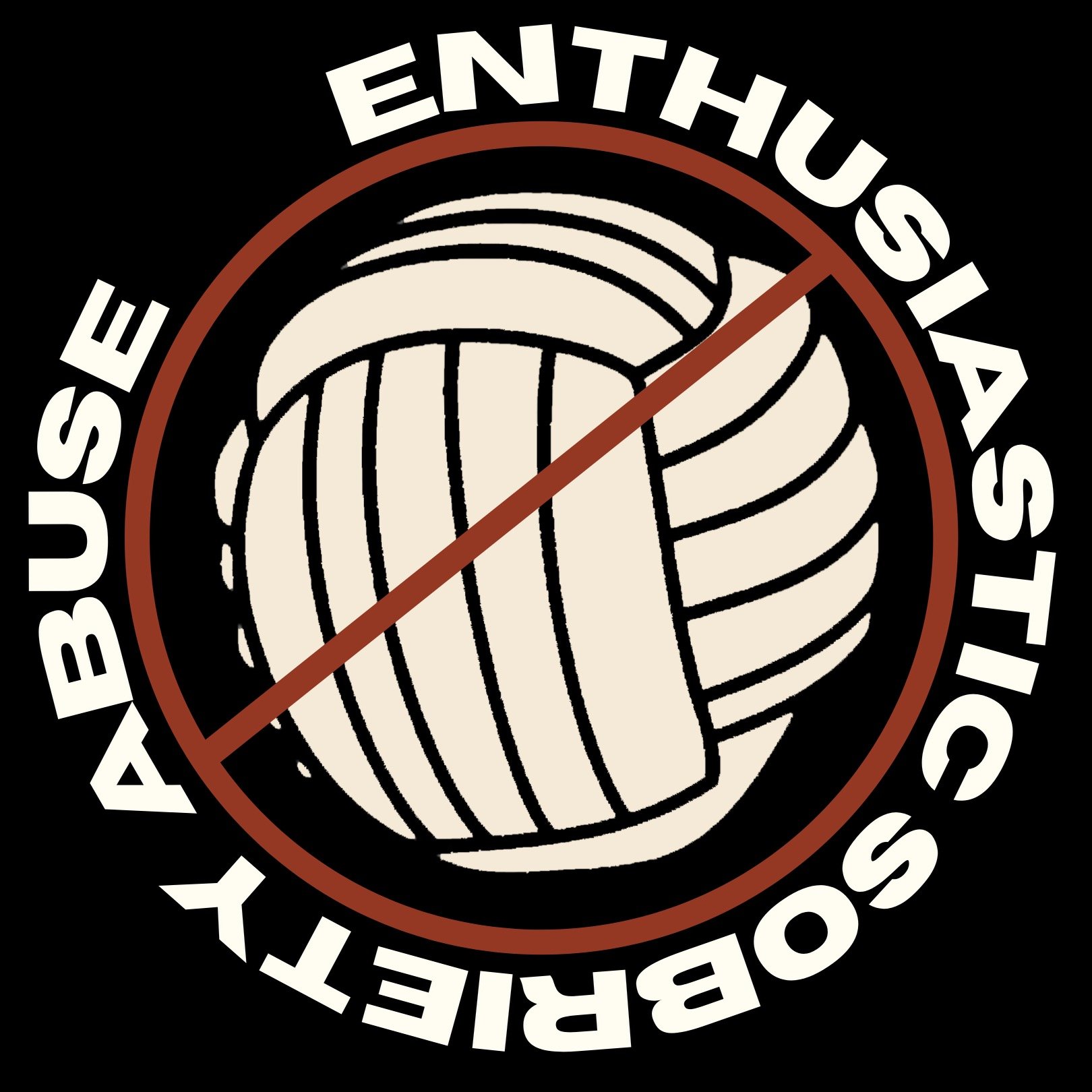
A Message to Parents from a Crossroads Program Counselor
Information on the Meehan Institute for Counselor Training
Learn more about the secretive experience of counselor training at The Meehan Institute. Read and download a copy of the Training Application Packet, Training Manual and the Prelude to Intervention, written by Mike Weiland - where Mike refers to parents as “Bitches and Bastards” and advises Staff how to acquire “guilt checks” from them, usually by convincing parents to send kids to Step 2 or Step 1.
You’ll also find Bob Meehan training videos, training notes from Staff, what Staff credentials actually require, as well as learn the salaries and hours of Staff.
Guilt Checks
From a 2022 Parent Survivor
Our first contact with Enthusiastic Sobriety was with David at Crossroads in KC. He was soothing and charming and had my trust when he said “I got sober when I was 14” because my son was 14 at the time. He also “revealed the true story” of what my son was using, but could only tell me if I promised “not to freak out” because “he’s getting honest now, so he shouldn’t be punished” and then told me he was using Xanax often. I’ve always been bothered by that because I had him tested at the hospital and it was only positive for THC. Now I realize this was either a false confession or an outright lie to get me to buy in.
It just so happened what when this exploded in my family, I was weeks away from closing on my house, the first house I’ve ever been able to purchase. I was pressured to find a way to pay for the Crossroads IOP. Suggestions included to use the down payment for my house, take out a loan, use a credit card, or lastly to make long term payments to Crossroads.
I was super uncomfortable with the idea of going into debt or not buying my house. My family has more people to consider than just my son and we all deserve consideration. So I kept looking and discovered Pathway IOP accepted our insurance.
When I told David my son would be returning to AZ for his treatment, he said in a very disappointed voice “Oh that’s too bad. I think he would do much better here, with his Dad.” This statement haunted me for a long time, really increased my anxiety, gave me a deep sense of shame and inadequacy about my ability to mother my child.
Now I know I was victim to high pressure sales tactics which banked on a parent’s worst fears. I am so grateful I went through my home purchase and didn’t wipe out my savings or go deep into debt. The shame I felt has been replaced with righteous anger about The Group and the things my son and I witnessed. My confidence in my mothering is restored and my relationship with my son is strong.
American Academy of Pediatrics finds youth experiencing homelessness are twice as likely to attempt suicide as their peers who are not homeless.
-

Dismantling the Myth of Tough Love
Psychology Today, Veronika Tait Ph.D.
There are different philosophies about how to change behavior. Many in past generations encouraged a “tough love” approach. While definitions of "tough love" vary, it will be defined here as actions toward another that are cold, withdrawn, or punitive with the intent to improve behavior. Rather than taking a global approach to access the usefulness of this philosophy, let’s take a look at specific cases from birth to adulthood where this approach is ineffective or even harmful.
Just like toppling a statue from ugly origins, it’s time to dismantle these four “tough love” myths.
-

Two Words You May Regret: "Get Out"
Psychology Today, Raychelle Cassada Lohmann Ph.D.
Teens need boundaries, not closed doors. There is no doubt about it: unruly teens can definitely push a parent’s buttons. They can be defiant, rude, disrespectful and even disobedient. Oftentimes, parents can get so worn down by their disruptive teen that the mere thought of throwing him out may bring a wave of mental and emotional relief. Many parents make the thought a reality and actually give him the boot, but is it the right thing to do?
If your teen is a minor, according to the law you can’t toss him out. In many instances, kicking him out could be classified as abandonment. Unless your teen has been emancipated (the court severs the parent’s legal obligations) you are still legally accountable for his welfare.
-

Child Desertion and Abandonment
NOLO.com
Parents or guardians who care for minor children have a legal responsibility to protect the children and ensure they are not exposed to harm. When such an adult deserts or abandons a child, that behavior is often a crime. Even though child abandonment and desertion laws differ significantly among states, all states have laws that criminalize this type of behavior.
The crime of child desertion or child abandonment occurs when a legally responsible adult leaves a child with the intention to abandon him or her. The parent or guardian must intend to sever the custodial ties over the child, and must often do so without regard for the child's health and safety.
The Crossroads Program Survivor
I went to Frank Szachta (he was the only director by this time). He tells me how my parents are fucked up, my sister is fucked up, we’ve always known their fucked up (it’s why I couldn’t go right home after treatment but instead had to go live with another group member for 18 months).
Frank said I had to move out. He sighted all the usual reasons “if you stay you’ll get high.” “They’ll drive you to drink.” “Get as far away from them as you can.” “We’ll find you a group family to live with.”
They didn’t and I ended up homeless and then shunned out of the group.
Protecting Your Teen from Undue Influence
Even though the threat of cult membership largely remains a hidden danger, there are some important preemptive measures parent’s can take to protect their teenagers from falling prey to cult rhetoric.
To prevent teenage cult membership, keep communication open and healthy between you and your child. Stay involved with their life, but not so involved you push them away. Keep in touch with how your teens are feeling and what they are doing as they go through their difficult teenage transition period.
Cults offer simple answers and immediate happiness as a temptation for membership, so help guide troubled teens through the complexities of being a young transitioning adult, and help them cope with the stress of teen life so they don’t turn to cults for help.
Teens are often looking for a community or place to belong, so help your troubled teen find group activities and places for friendship. Encourage them to join sports teams or any organization that is trustworthy and safe that they can join and help feel community involvement.
Refrain from pressuring teens too much for success. Often, our culture becomes much too involved with the idea of success and succeeding in school, and this unnecessary pressure can be destructive to a teenager’s psyche. Cults can serve as any easy way to get away form this stress, and can appear as nice alternative to deal with the pressure-filled, success obsessed world that parents sometimes push upon their children.
Parents must offer both love and support to their teens, while flexing proper parental authority. Teens must be reassured their parents love them, because if they feel lonely they will turn to cults for the love and friendship that troubled teens need.
However, parents still must exert authority, because cults can offer guidance and structure that helps teens feel comfortable and secure. Basically, a strong parental presence that his both nurturing and secure will help teens avoid cult temptations.
There are many warnings signs signaling cult activity in your troubled teen’s life. These signs include a dramatic change in grades and study habits, change in personality, change in physical appearance, sudden increases in talk about God or Spirituality, as well as changes in social interactions.
Coping with Cult Involvement:
A Handbook for Families and Friends.
This is a handbook for parents, siblings, spouses and others who think that someone they love has become involved in an abusive cult or related group. Cult involvement affects not only the person directly involved, but also many others. The cult member may discard family, old friends and business colleagues, discontinue a romantic relationship, terminate a marriage, and leave behind them a swathe of discord and sadness that takes years to mend or may never mend entirely. The book's goals are to help you gain perspective on such situations, conduct a systematic evaluation, assess realistically what, if anything, you can or should do about it, and in general, to cope.
Livia Bardin, M.S.W.
The Insight Program Parent Survivor
I was taking both my sons to Insight meetings and social activities at the time. I heard about them through an acquaintance. I was at first thrilled to find something for teens involved in recovery.
I then discovered that the kids all withdrew or dropped out of school. My son, who was 15 at the time, started staying at other friends houses in Insight, and basically 'ran away' to join Insight. Only one parent of other children ever called me to let me know where my son was staying.
I was a single parent with little money. Insight deliberately targeted extremely wealthy parents. I believe that my youngest son was around all these kids from wealthy families and nice homes, and was dazzled by their material wealth. I believe he told people that he was kicked out and had no where to go. This was false. Other parents illegally harbored my runaway child and didn't make an effort to contact me.
I believe that this program harmed the relationship between us. I have been told by other members that the group encouraged loyalty to the group and not to their own families, and harms and undermines family relationships- and attempts to replace them with their peers.
Bob Meehan encouraging trainees to cut ties with their families.
In this Staff Training video, which The Meehan Institute still spends days watching, Bob Meehan discusses how he only has a 10 minute phone call with his family once a year and encourages his trainees to do the same.
The more covert indoctrination of family separation is usually implied by saying that your families are not addicts or sober - and they can’t possibly understand, or love, you like The Group can. Why talk to someone who can’t spiritually match you when you have all of us.
“My Dad complained to me about my poor behavior since joining The Group one night. He was sick of me still being in rehab after a year, missing family functions or leaving early to hangout with the Group, and thought I was acting more erratic and unbalanced since joining The Program.
I told Will Guest what my Dad said and Will said my Dad isn’t good for my sobriety and that I shouldn’t talk to him as much or go to his house anymore since he’s threatening my recovery.”
— The Insight Program Survivor
Families Torn Apart in The Program
In this 2005 ABC15 Investigation, a family comes forward to share their experiences of how their child, who went onto Staff, had stopped talking with them for nearly 10 years.
A few years after this report, the staff member left the program and reunited with their family.
We hope through sharing our stories and providing resources and information about these destructive cults, that more families can be reunited again.
The Insight Program Survivor
After a few months in intensive outpatient in Augusta Georgia, I had reached a limit of how much of the group I could take, and I wanted to go home to Greensboro, North Carolina. I made my desires clear, I made it clear that I didn't want to go use, I didn't have any unhealthy or negative reasons, I simply wanted to go home and resume my life now that the period of crisis that had brought me to the group was over.
I was held alone in a room while counselors rotated in and out, interrogating me, effectively holding me hostage, and slowly breaking me down psychologically until I falsely confessed to behaviors and actions that I had never taken in order to experience some relief and be permitted to leave the room, use the bathroom, eat, and drink.
After this I was so relieved to be let free, and so afraid to ever try to go home again, that it had been very effective in keeping and trapping me there.
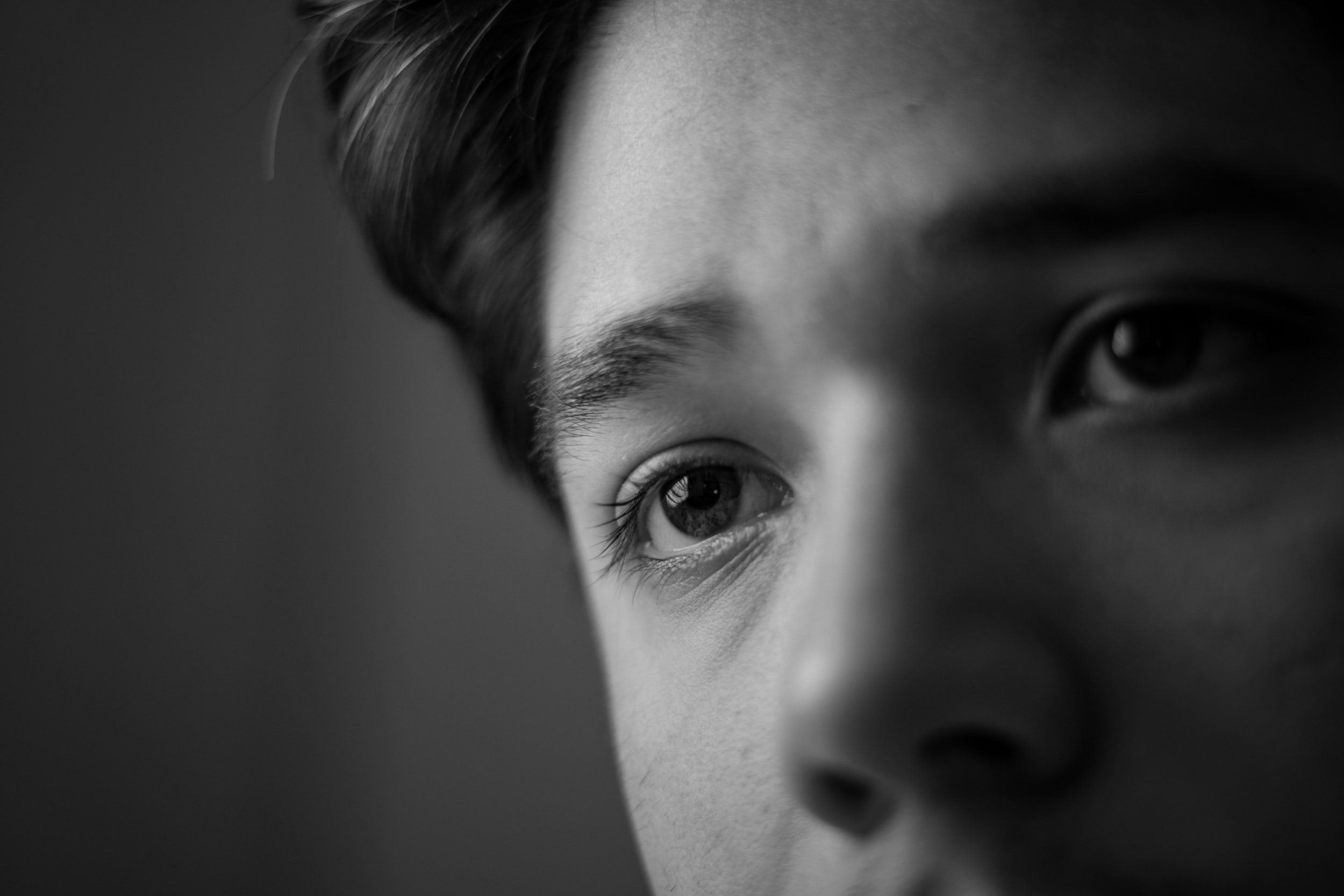
The Troubled Teen Industry
#TroubleTheTeenIndustry #BreakingCodeSilence
The “Troubled Teen Industry” (TTI) is a term for the different facilities for “troubled youth” that represents a multi-billion-dollar industry in the United States. These facilities are sometimes referred to as boot camps, wilderness therapy, secured group homes, teen ranches, reform schools, emotional growth boarding schools, therapeutic boarding schools, religious boarding schools, conversion therapy, behavioral modification schools, residential and outpatient treatment centers, etc.
Resources from UnSilenced.org
-

Safe Treatment Options
Families need evidence-based community-based treatment options to help adolescent behavioral, trauma, and mental health issues.
What does “evidence-based” mean? It means that researchers have conducted studies to determine whether a treatment has:
Demonstrated effectiveness in scientific evaluations and randomized control trials.
Been assessed in large studies with diverse populations or through multiple replications by independent researchers. Not by the developer of the model (aka someone who gains or profits from it). Resulted in significant and sustained effects for a minimum of 6 months post-treatment.
-

Treatment Red Flags
If you are considering out-of-home treatment or intervention for your child, it may be tempting to consider residential placement. Below is a list of red flags for parents to use when considering residential placement or wilderness programs. If a program incorporates or encourages any of the following practices, you may want to reconsider. Many of the practices used by the so-called “troubled teen industry” are unethical, dangerous, and a violation of human rights. If you are considering treatment for your child, please feel free to review our Safe Treatment page for a list of evidence-based community treatment models and methodologies.
-
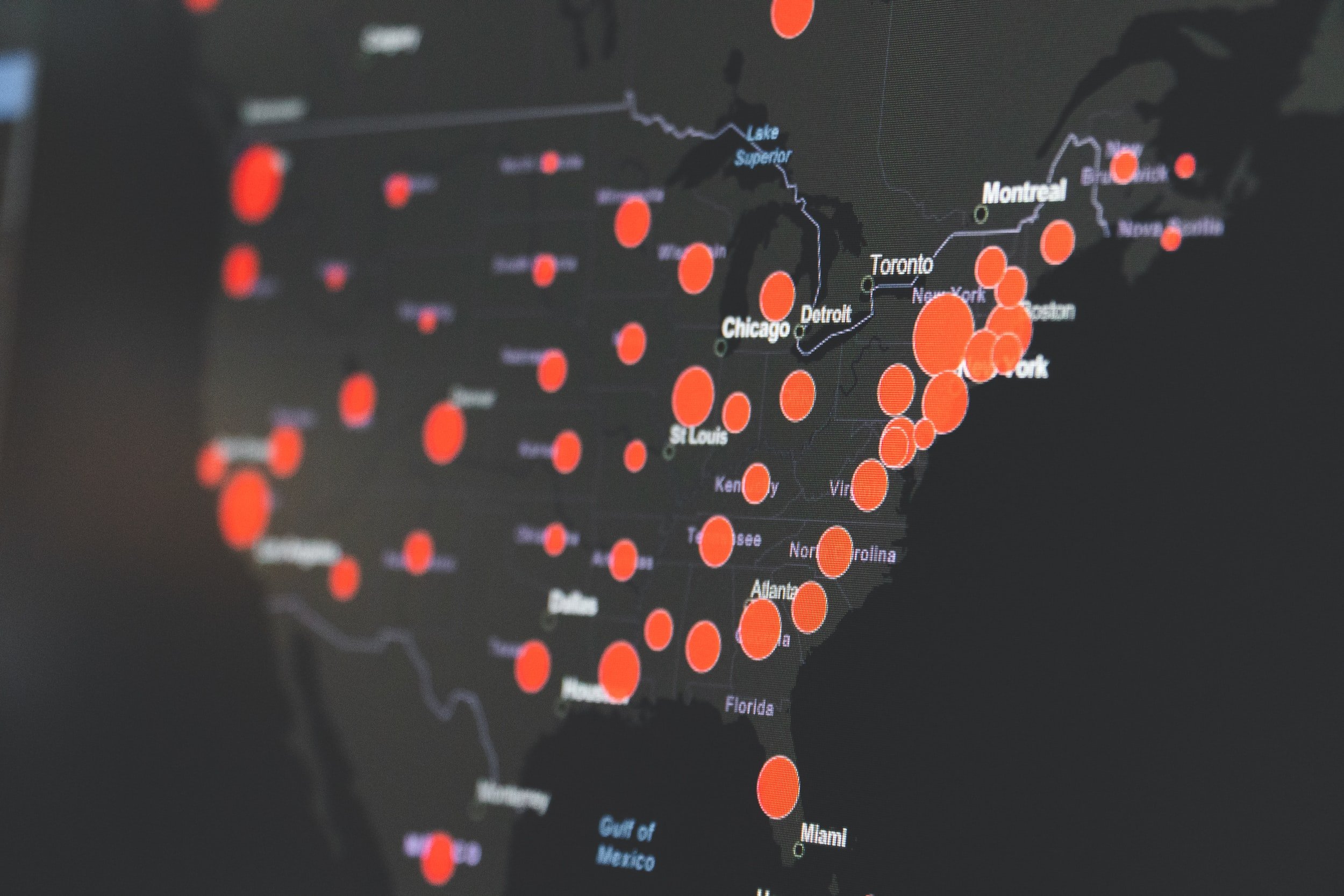
Program Database
The program archive contains information about the many different forms of troubled teen industry/congregate care facilities such as therapeutic boarding schools, residential treatment centers, boot camps, faith-based academies, behavioral modification programs, secured group homes, outpatient programs and wilderness programs. Information provided in the archive is for informational and educational purposes only.
This is an incredible resource to cross-check programs to make sure there aren’t allegations and reports of abuse in the facilities. We want kids who need care to get the care they need in a safe, helpful and ethical manner.
-

'My Parents were taken advantage of by evil people' - How the Troubled Teen Industry Manipulates Parents
The troubled teen industry is estimated to be worth upwards of a billion dollars, and these facilities have been known to spare no expense in using manipulative marketing tactics to lure parents into the programs. Some children have even been known to choose to go to these facilities because of how well the school is advertised.
“When the parent speaks to somebody, it’s typically the first time they’re speaking to a professional, so they unload a bit and vent a bit, and the person on the other line is really taking advantage of them and saying, ‘If you don’t send your kid away, they’re going to end up in jail. They’re going to end up dead,’” explained Hedrick. “And they’ll be like, ‘Don’t worry, we’ll take care of it,’ to kind of calm the parent down to send them away, and that’s a story we hear all the time amongst the survivor community.”
-

My Daughter Was a Victim of the 'Troubled Teen Industry' & It Haunts Me to This Day
The Program had given us a list of the typical things that kids new to the program say to manipulate their parents into letting them come home. We were told everything she would say to us was either an exaggeration or a lie.
I think that’s one of the worst things these programs do to families: they set parents against their kids so parents don’t believe what their kids say and kids learn they can’t trust their parents to help them.
Here’s what Colleen learned at The Program: It is not safe to ask your parents for help because they will never believe you. No one will ever believe you. You can’t trust anyone; not even people you think are your friends, because they will turn on you to save themselves. The Program required students to report each other for any transgressions they witnessed, no matter how minor.
Share your story
It is incredibly hard to realize that the investment of time, money and trust that went into helping you child, ended up causing unknown harm and trauma. Parents were exploited, manipulated and often feel isolated and guilt. But the guilt belongs to The Program - had you asked most of the survivors while they were in The Group, they would have told you they loved it and wanted to become Staff. Only after leaving, or due to a particularly traumatic event, do survivors realize what they went through - and it can take longer for Parents to come to the same realizations.
If you would like to share your story to help other parents and families, please use our submission form. We will always default to anonymity unless given explicit permission from the parent or family survivor to be public.
Contact us.
We are here to answer any questions, share our experience, or just be a listening ear.
If you would like to submit any tips about activities, concerns or issues currently or previously happening in The Program - please provide names, dates, and locations if possible. Your anonymity will always be protected.
info@esaalliance.org
